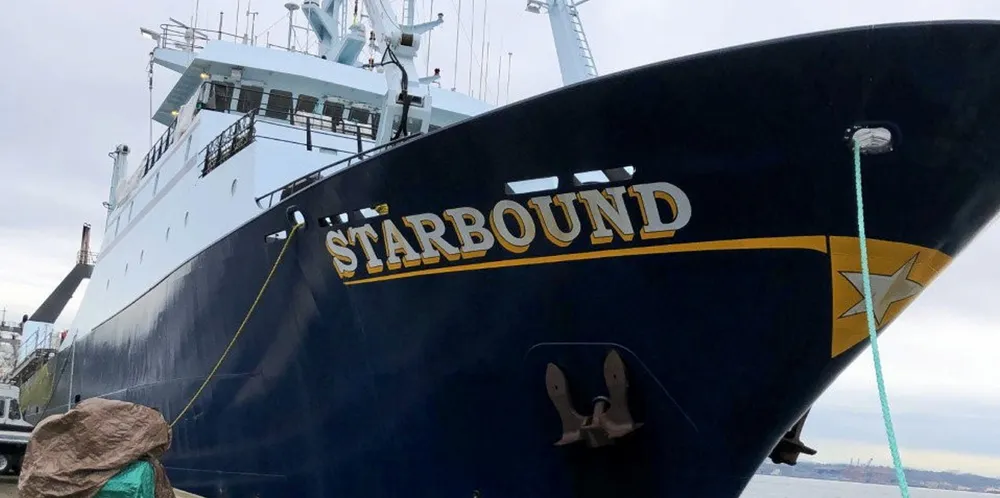Trident Seafoods acquires catcher-processor vessel, and a larger share of Alaska pollock
The vessel acquisition is likely one of the last consolidation moves in the Alaska pollock at-sea fleet, and further strengthens Trident's grip on the industry.

The vessel acquisition is likely one of the last consolidation moves in the Alaska pollock at-sea fleet, and further strengthens Trident's grip on the industry.
